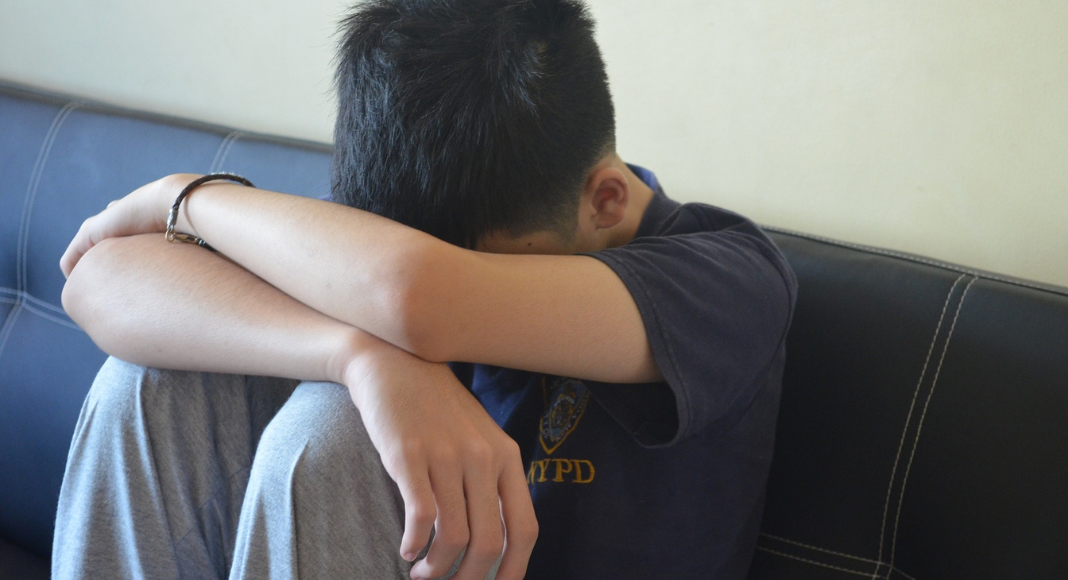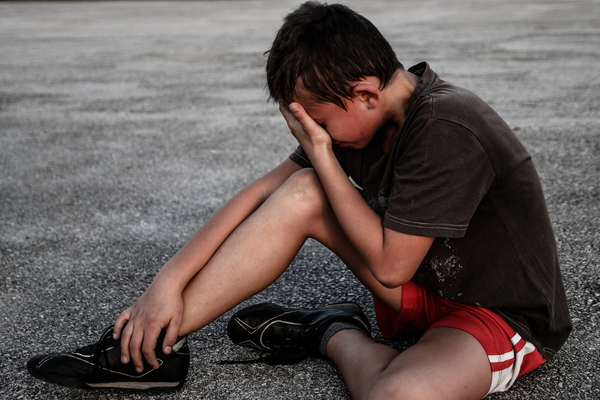 The unfortunate truth is that many of us have been touched by suicide, whether by someone we loved, someone we knew, or even hearing about it in the news or social media. The other unfortunate truth is that our kids also may be touched by it and according to the World Health Organization- it is one of the leading causes of death in youth.
The unfortunate truth is that many of us have been touched by suicide, whether by someone we loved, someone we knew, or even hearing about it in the news or social media. The other unfortunate truth is that our kids also may be touched by it and according to the World Health Organization- it is one of the leading causes of death in youth.
While it impacts older children more frequently, it’s still important to talk to younger kids about mental health from an early age (for example, learning and identifying feelings can begin as early as toddler years). We all have mental health, and discussions with younger kids build a foundation for strong emotional and social health. By starting these conversations at a younger age, it makes it a little easier to address suicide because they already have a foundation and awareness of mental health.
The topic of suicide is important to discuss with our kids especially as more awareness and attention is brought to it. It can be a very uncomfortable, maybe even scary topic to bring up. But, the more we talk openly about it (age appropriate of course) the more we can work on de-stigmatizing the topic and work towards making it ok to talk about, which all contribute to suicide prevention efforts.
How to Talk to Kids About Suicide
Young children
Like the topic of death for any cause, keep conversations simple, honest, and fact-driven. Avoid the use of euphemisms and avoid going into too much detail. Keeping it as simple as possible. Suicide can be talked about just like any other medical condition; describing suicide as a brain disease can provide an explanation to younger children while not giving too many details that are unnecessary. Language to use could sound like, “They had a brain disease and died. It is very sad.”
Elementary age children
Depending on your child, you could go into more details but still keep your explanation simple, honest, and based on facts. If you know the person who died by suicide had a known mental health concern, language you could use might be that they had struggled with depression (for example) or had troubles with emotions.
Giving kids space to acknowledge feelings, ask questions, and process the answers is important. Staying tuned to your individual child is also important. Some kids will ask a bunch of questions and some will ask you what’s for dinner right after you talk with them. Any of those responses are normal and ok!
Middle schoolers and high schoolers
At this age, most pre-teens/teens will be able to have more complex discussions surrounding mental health and suicide. You can start opening up the conversation to warning signs, depression, and other topics surrounding mental health.
It is important to talk about signs to look for in their peers and themselves as well as what to do if they ever have suicidal ideation or if someone they know expresses suicidal thoughts.
Talk about the resources available, including text and call hotlines, therapy, etc. Remember, asking if they have ever thought of suicide, does not put the idea in their head. Rather it makes it ok to talk about and more likely they will come to you in the future. Because this age group is more at risk for suicide, having these conversations regularly is important.
Suicide can be a tricky subject to talk to kids about, but that’s why it’s so important to start talking about it early. Let’s work together to raise kids who are aware of mental health and work on breaking down the barriers to talking about how we’re doing/feeling. It starts with us, as parents, so make sure we are also taking the steps to take care of our own mental health.
//RELATED: More Conversations about Mental Health //
If you or someone you know struggles with suicidal thoughts, help is available at 988lifeline.org.

















